There's nothing more adorable than a tiny little baby. Your heart will melt when you see their cute rosy cheeks, tiny hands and feet, and occasionally, their luscious crown of hair.
According to an old wives' tale, women who experience heartburn during pregnancy will give birth to babies with a full head of hair. In 2006, researchers investigated this claim and found that out of 28 women who had heartburn, 23 of them had babies with abundant hair. They theorized that a baby's hair growth could be influenced by the hormones secreted during pregnancy. However, regardless of their hair volume, babies are always lovely. If you're curious to know why some newborns have hair while others don't, we have some answers for you. Keep reading to find out more!
It Could Be Due To Maternal Hormones
High levels of hormones are present in the womb and these could impact the baby's hair growth. However, after delivery, hormone levels significantly drop, which might slow down the hair growth of the newborn.

Genetics may play a role in this.
While experts are not sure exactly why some babies are born with hair and other’s simply aren’t, they do believe that genes and DNA have a role to play in it. Hair growth often starts around the thirty-first week of pregnancy. A child who starts to grow hair while still in the womb will probably be born with hair on its head.
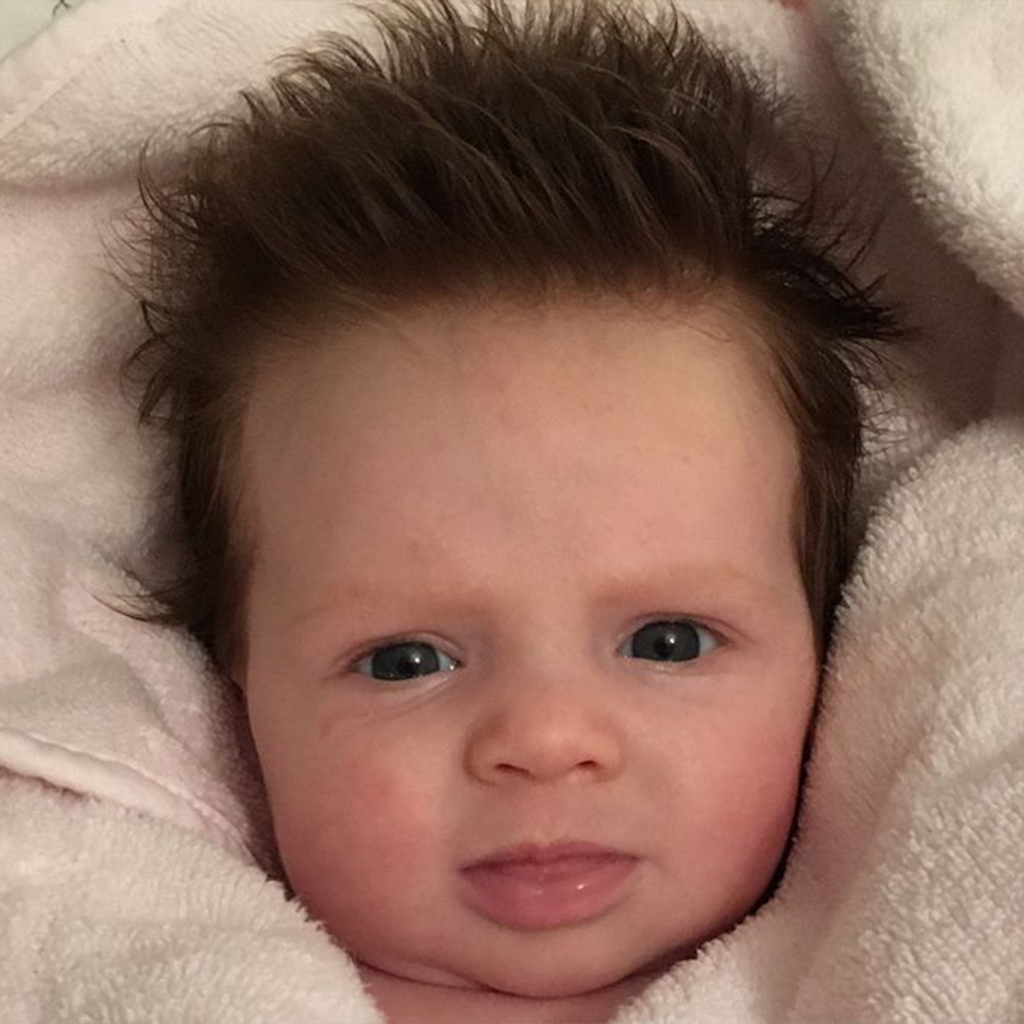
A Newborn Baby’s Hair Looks Different When They Are Older
Here’s a fun and shocking fact, newborn babies are born with all of the hair follicles they will ever have for the rest of their lives. A baby born with a full mane could go bald a few months later, and a bald baby could grow thick hair after some time. They might even have completely different hair now than they did before.
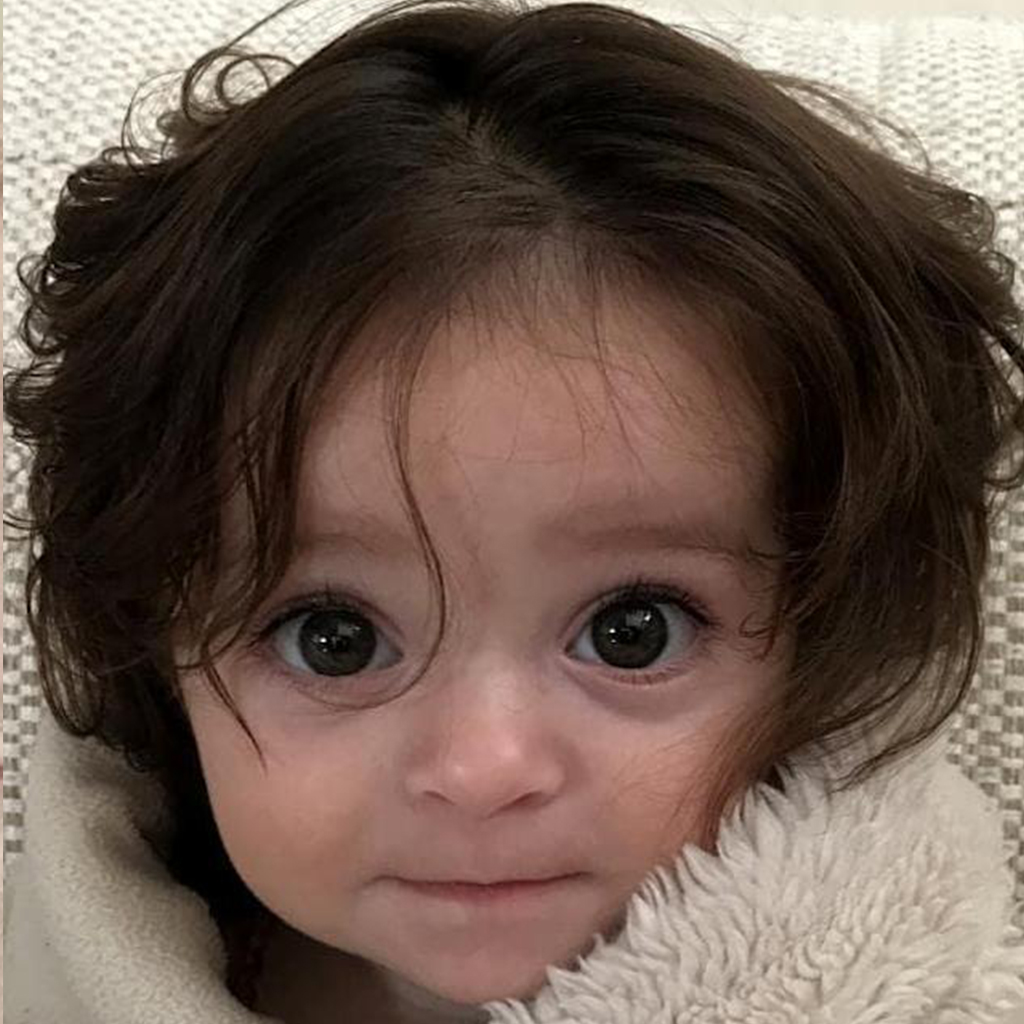
A Bald Baby Doesn’t Denote A Lack Of Nutrients
Some parents worry about their baby’s lack of hair, assuming that a lack of nutrients are to blame. The mother worries that their calcium intake was insufficient when she was pregnant. But until they turn one, it’s common for babies to have sparse or no hair. Don’t get alarmed; it doesn’t mean your kid isn’t getting the nutrition they require. It’s only if the baby doesn’t have enough iron or suffers from diseases that their hair growth could be affected, but usually, there will be other signs that aren’t related to hair as well.
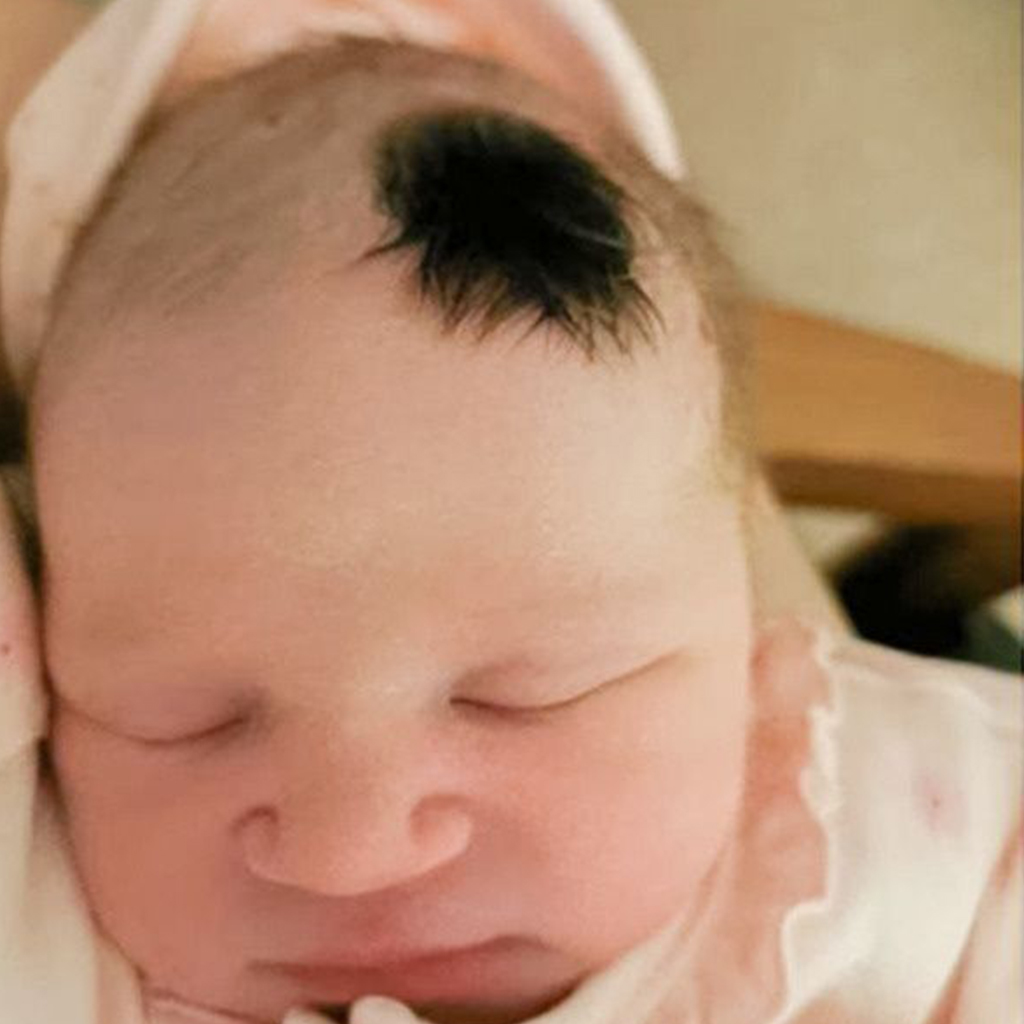
Some Newborns Have Fine Hair That Will Shed
Lanugo is the hair that covers the body of some newborns, even the top of their heads. Sometimes, around the fourth or fifth month of pregnancy, fetuses begin to grow lanugo, and by the sixth or seventh month, they have lost it. This proves that it frequently vanishes even before the kid is born! But sometimes, premature babies are still covered with this hair which shed’s over time.
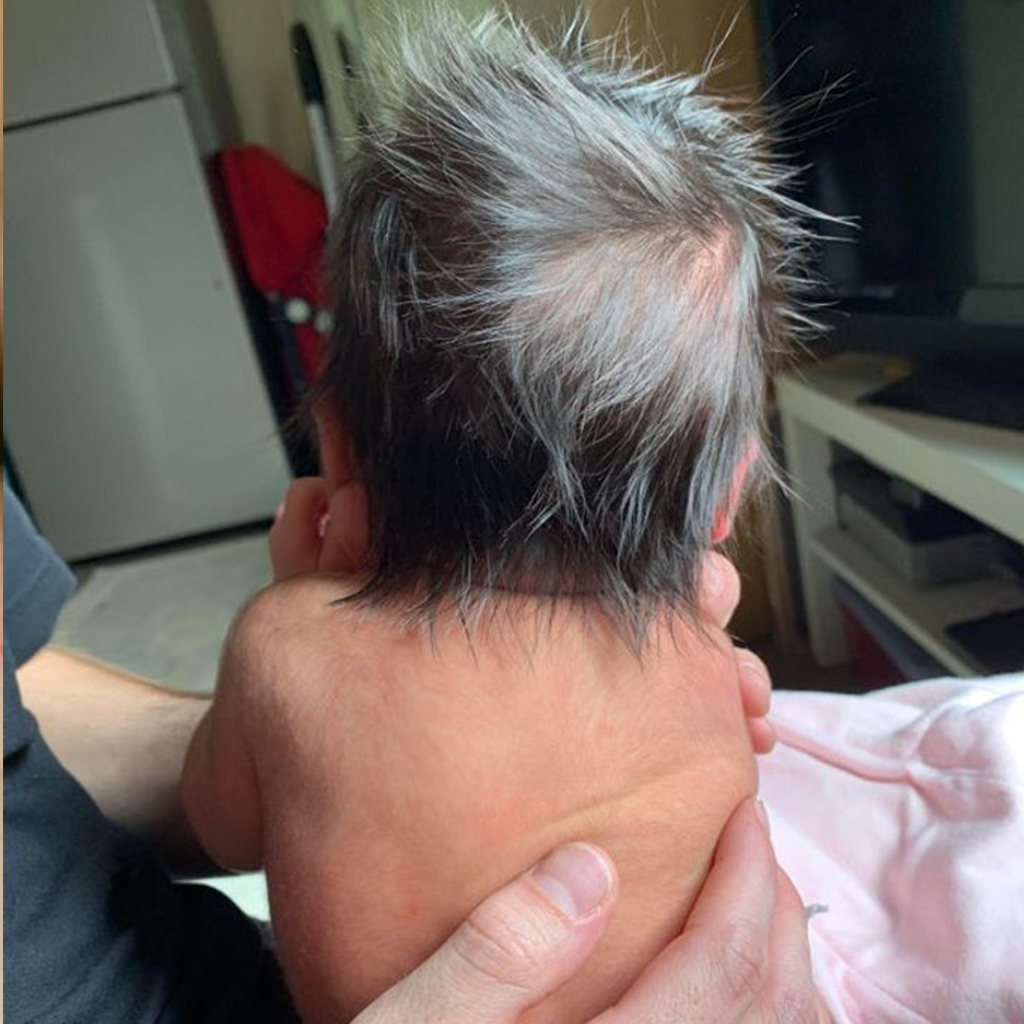
Babies Experience Hair Loss And It’s Completely Normal
No, your baby did not turn into a grumpy old man overnight, they are just starting to lose hair and that’s okay! In fact it’s very common. In the first six months of life, the majority of newborns lose all or part of their hair. As a result of their scalp rubbing against the mattress or if they have a propensity of head-banging, they frequently lose their hair. Once kids start moving more, sit up straighter, or eventually outgrow these tendencies, there won’t be as much of this friction.
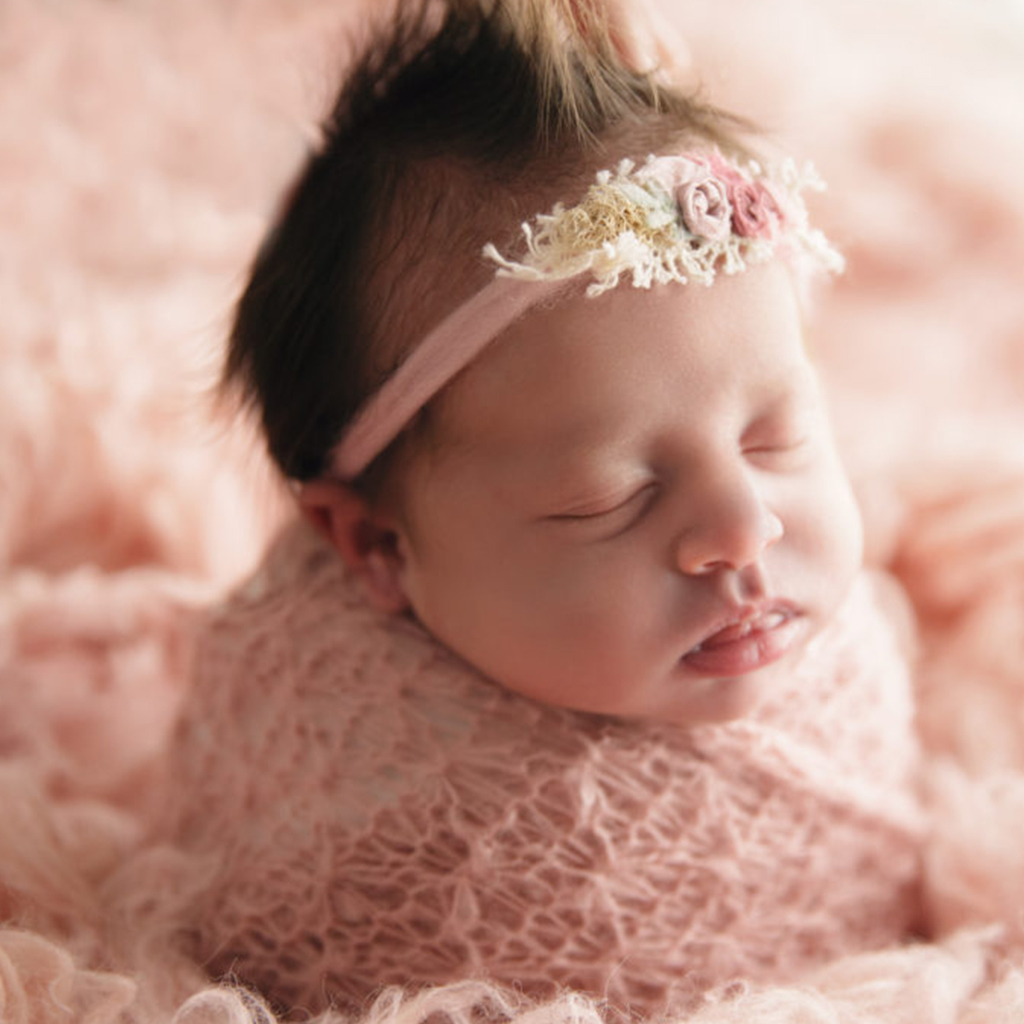
Babies are cute and adorable no matter how much hair they have when they are born. So, did your baby have hair on their head at birth? Let us know in the comments section!



